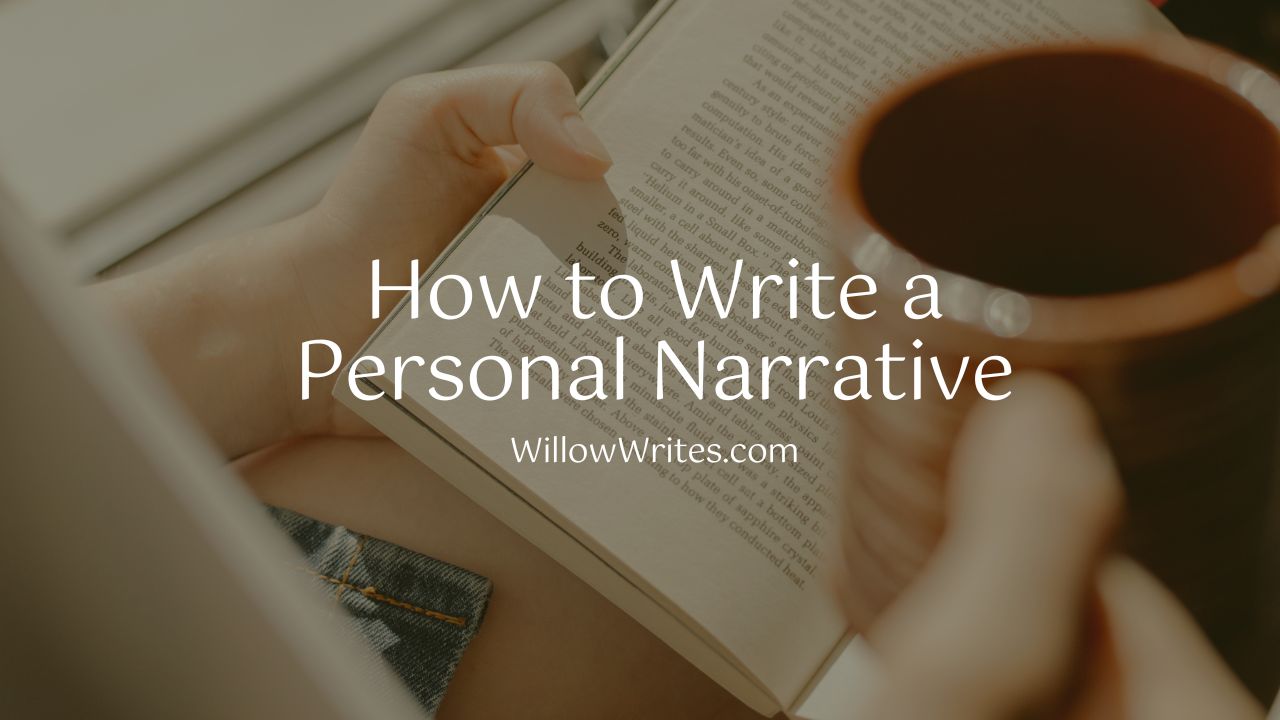It can be tricky to write in 3rd person about yourself, but with a bit of practice and some helpful tips, you’ll be able to do it like a pro. In this blog post, we’ll discuss some dos and don’ts for writing in 3rd person about yourself, as well as provide a few examples to help get you started. So whether you’re struggling to find the right words or just want to switch things up a bit, keep reading for some helpful advice on how to write in 3rd person about yourself.
What is 3rd person point of view, and why use it?
When you write in third person point of view, you are writing as a third-party observer. You can write about other people and events as if you were writing a story. The third-person point of view is often used in fiction writing, but it can also be used in non-fiction writing, such as biography or journalism. One advantage of the third-person point of view is that it allows you to write in a more objective and impartial voice.
This can be helpful when you are writing about controversial topics or sensitive subjects. Another advantage of the third-person point of view is that it gives you the flexibility to move between different characters’ perspectives.
This can be useful for exploring the different sides of a complex issue. However, one downside of the third-person point of view is that it can make your writing feel less personal and intimate. If you want your writing to have a more personal tone, you might consider writing in the first or second-person point of view.
How to write in 3rd person about yourself
When writing in the third person about yourself, use your name or pronouns such as “he,” “she,” “it,” or “they.” For example, you might say, “She always tries to be on time for her appointments.” You can also use a third-person point of view to describe other people in your life, such as family members or friends. Just be sure to use the correct pronoun when referring to them.
If you’re not sure which pronoun to use, try reading your sentence out loud and seeing which one sounds natural. You can also consult a grammar guide or ask a friend for help. When in doubt, it’s always better to err on the side of caution and use the pronoun that is less likely to offend or be misinterpreted.
Writing in the third person about yourself can feel a bit strange at first. However, there are a few simple tips you can follow to help you get started.
First, think about how you would describe yourself if you were writing about someone else. What words would you use to describe your personality and appearance?
What kind of things do you like to do in your spare time? Once you have a good sense of how you would like to be seen by others, it will be easier to start writing in the third person.
Another helpful tip is to read your work aloud after you have written it. This will help you to catch any instances where you accidentally slip into first or second-person point of view. With a little practice, writing in the third person about yourself will become second nature.
Examples of 3rd person writing about oneself
In writing, the third person point of view is when the writer uses pronouns like “he,” “she,” or “it,” as opposed to first-person (“I”) or second person (“you”). Third-person writing can be either limited, meaning that the writer includes only information known by the character, or omniscient, meaning that the writer can include information about anyone or anything. Examples of third-person writing about oneself might include:
– She isn’t sure why she decided to go into teaching.
– He always gets nervous before a big presentation.
– It wasn’t until after she had kids that she realized how important family is.
In each of these examples, the speaker uses third-person pronouns to talk about themselves. This type of writing can help create distance between the writer and their subject matter, making it easier to be objective. It can also make writing more engaging for readers, who feel like they are observing someone else’s story unfold.
Dos and don’ts for writing in 3rd person about yourself
When writing in the third person about yourself, remember that you are still the subject of your writing. You should avoid using overly technical or jargon-filled language. Instead, opt for clear and concise writing that will be easy for readers to follow.
Stay consistent with the point of view you have chosen throughout your writing. If you switch back and forth between the first, second, and third person, it will be confusing for readers and make your writing less effective.
Finally, don’t be afraid to use pronouns like “I” or “me” occasionally. This can help to add a more personal touch to your writing and make it feel less detached.
When used correctly, writing in the third person about yourself can be an excellent way to add depth and interest to your work. Just be sure to keep these dos and don’ts in mind, and you’ll be on your way to writing like a pro.
Final tips for mastering 3rd person point of view
Now that you know the basics of writing in the third person about yourself, it’s time to put your skills to the test. Here are a few final tips to help you get started:
– Start by brainstorming a list of topics or ideas you would like to write about.
– Once you have a topic, try writing a sentence or two in the third person about it.
– If you get stuck, try reading your work aloud to see if you are slipping into first or second-person point of view.
With a little practice, you’ll be writing in the third person like a pro in no time!









